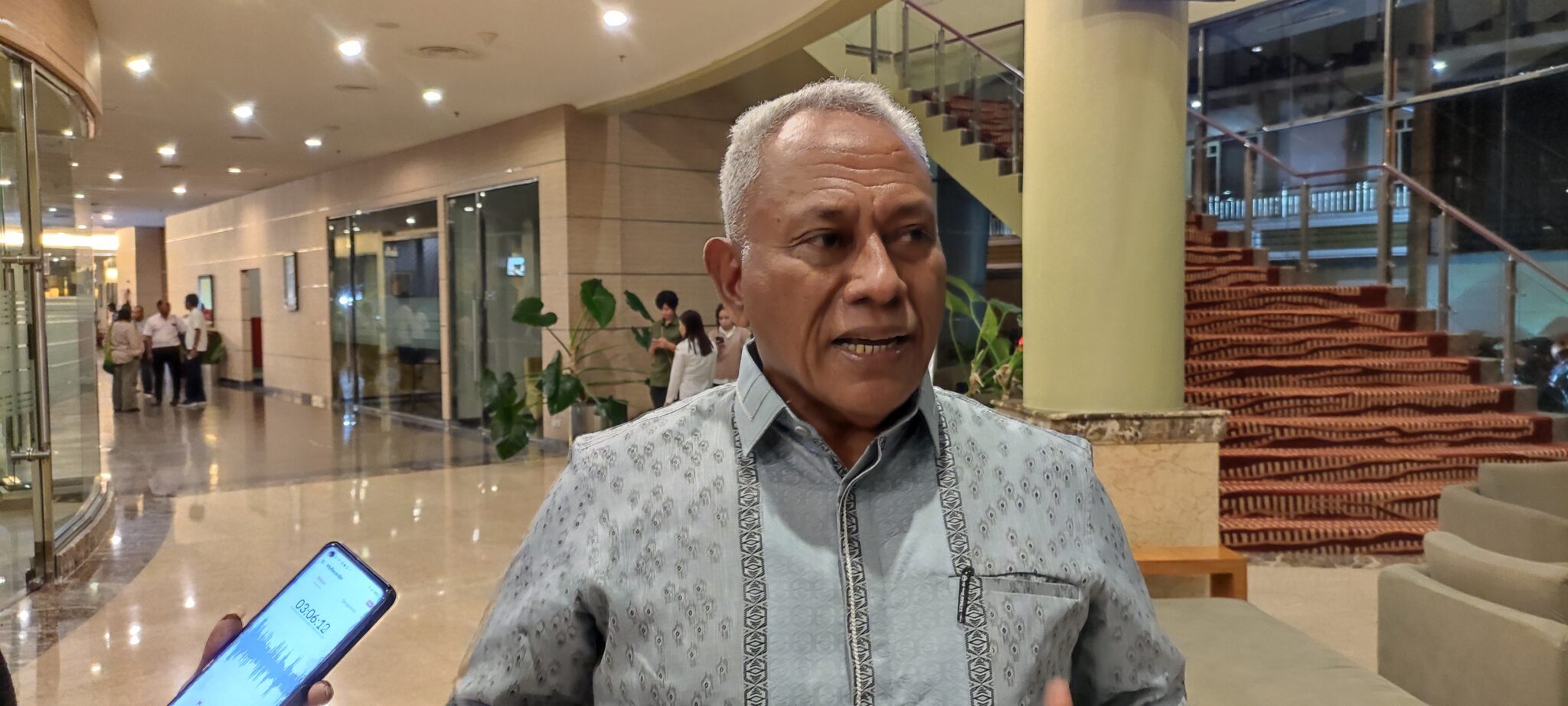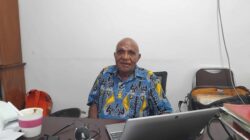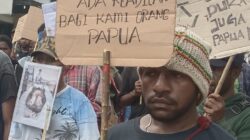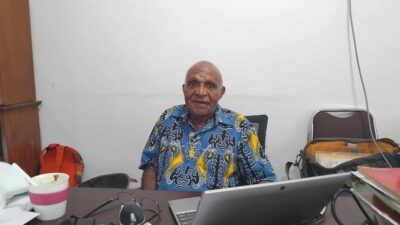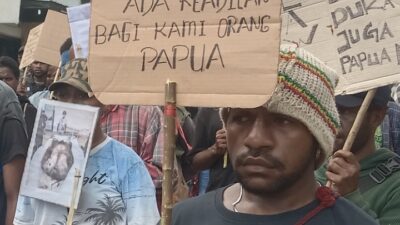Merauke, Jubi – Komarudin Watubun, a member of the House of Representatives’ Commission II, expressed that the recruitment of Indigenous Papuans for government positions in the new provinces within Papua has not adhered to the requirements and provisions stated in the Papua Special Autonomy (Otsus) Law.
The law stipulates that 80 percent of these positions should be filled by Indigenous Papuans, while the remaining 20 percent be allocated to non-Papuans.
“The purpose of Otsus is to establish affirmative action and protect the rights of Indigenous Papuans. However, the implementation of this special autonomy has been inconsistent over the past two decades since its enactment,” Watubun said during an interview in Merauke on Friday, June 16, 2023.
According to him, the implementation of the law is not intended to be discriminatory but rather a decision by the state to protect and improve the well-being of indigenous Papuans.
He expressed his concern about the excuses made for not carrying out the recruitment of Indigenous Papuans in government positions, citing the lack of readiness in terms of human resources. He stressed that special attention, planning, and design are necessary to consistently achieve the target of 80 percent representation over time.
Watubun pointed out that the four new provinces in Papua, namely South Papua, Central Papua, Mountainous Papua, and Southwest Papua, have not fully implemented the recruitment of Indigenous Papuans for specific positions in the new government, despite the clear requirement of 80 percent indigenous representation and 20 percent non-Papuan representation.
He lamented that no one has achieved the 80 percent implementation so far, expressing disappointment. To address this, he proposed the development of a comprehensive roadmap that involves gathering indigenous Papuans at various education levels to establish a clear plan.
He suggested that the governments in the four new autonomous regions create a grand design or roadmap for the recruitment of Indigenous Papuan as State Civil Apparatus (ASN). He recommended setting a target within the next five to ten years to ensure that Indigenous Papuans occupy positions in the government, thereby fulfilling the mandate of the Special Autonomy Law.
To ensure the future benefits of Otsus, it is crucial to take the matter seriously. Watubun emphasized that Otsus is not a mere amusement but a substantial solution to address the issue at hand. Failing to carry out the goals seriously will lead to demands from the people.
To achieve the target of 80 percent representation, Watubun stated that the regional government should encourage Indigenous Papuan State Civil Apparatus to participate in leadership education and training programs. This will enable them to meet the necessary requirements in terms of rank and position within the next two to three years.
He stressed the importance of providing training for human resources if the current capacity is insufficient. The plan for the next two to three years should focus on developing eligible individuals who can occupy positions in accordance with rank and class standards, including the role of regional secretary and other positions.
Watabu also highlighted that the recruitment of indigenous Papuans should not be limited to civil servants. It should also be implemented in the cultural institution of the Papuan People’s Assembly (MRP) and in the appointment of members of the provincial and district/city House of Representatives (DPR) in a proportional manner.
He emphasized the need for anthropological mapping of the existing tribes within the MRP to ensure fair representation, preventing any one or two tribes from exerting control over others. The distribution of seats should reflect the diversity of tribes so that all tribes feel represented. It is essential to avoid the oppression of minority tribes by the majority, as it is not permissible.


